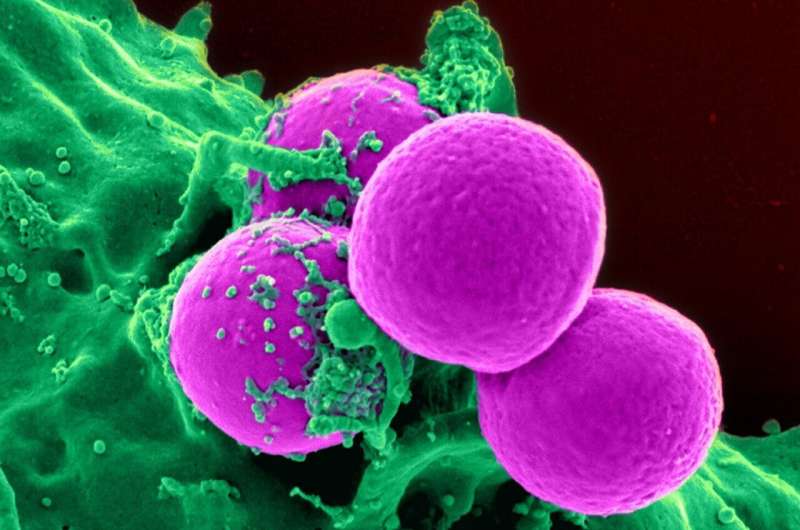New Insights: The Thalamus's Crucial Role in Abstract Thinking and Executive Control

Emerging research uncovers the active role of the brain's thalamus in abstract reasoning and executive functions, reshaping our understanding of cognition and potential therapies.
Recent neuroscience research reveals that the brain's thalamus, historically seen as merely a relay hub for consciousness and motor functions, may have an active part in complex cognitive processes such as abstract thinking and executive control. A collaborative study conducted by scientists at the University of Wisconsin–Madison and Stony Brook University, published in the journal Neuron, employed advanced electrophysiology and computational modeling to explore this possibility.
Using primate models, researchers performed precise simultaneous electrophysiological recordings of thalamic cells while primates engaged in various cognitive tasks. Their findings demonstrate that higher-order thalamic nuclei do not simply transmit information passively. Instead, they actively select behavioral rules and influence activity in the prefrontal cortex—the brain region critical for decision-making and cognitive flexibility. This challenges the traditional view that the prefrontal cortex alone handles abstract reasoning.
Dr. Sima Mofakham, one of the study's lead authors, explained that this active role of the thalamus could be a game-changer for understanding brain functions. It suggests that the thalamus acts as a guiding structure, dynamically shaping cortical activity and behavior. These insights have significant implications for neurological conditions characterized by deficits in executive function, such as schizophrenia, ADHD, and brain injury. Targeted brain stimulation of thalamic regions may offer new avenues for treatment.
This research also opens doors for innovations in brain-computer interface technology and artificial intelligence, where thalamic signals could be harnessed to interpret intentions and goals in real-time. The findings underscore a paradigm shift, highlighting the thalamus not just as a relay station but as an active participant in complex thought processes.
The comprehensive study involved MRI-guided electrophysiological recordings and computational modeling, revealing that the thalamus helps shape prefrontal cortex activity and decision-making strategies. This discovery prompts further investigation into the full scope of the thalamus’s functions and its potential in clinical applications.
Source: https://medicalxpress.com/news/2025-06-relay-station-brain-thalamus-play.html
Stay Updated with Mia's Feed
Get the latest health & wellness insights delivered straight to your inbox.
Related Articles
New Research Suggests Prenatal Acetaminophen Use May Increase Autism and ADHD Risks
New scientific evidence suggests that prenatal exposure to acetaminophen may be linked to an increased risk of autism spectrum disorder and ADHD in children. Experts recommend cautious use during pregnancy and further research into safer alternatives.
WHO Reports Nearly 100,000 Cholera Cases in Sudan Amid Escalating Crisis
The WHO reports nearly 100,000 cholera cases in Sudan amid ongoing conflict, displacement, and worsening health conditions. Urgent action is needed to address the outbreak and humanitarian crisis.
How Rapid-Response White Blood Cells Protect Infants from Infections
New research reveals how specialized white blood cells in newborns rapidly activate to fight infections, balancing effective defense with inflammation control, offering new insights for infant immune therapies.
Benefits of Heart-Healthy Lifestyle Extend to Whole Body, New Study Reveals
Research from Emory University confirms that heart-healthy habits positively impact the entire body, reducing chronic disease risk and improving overall well-being.



